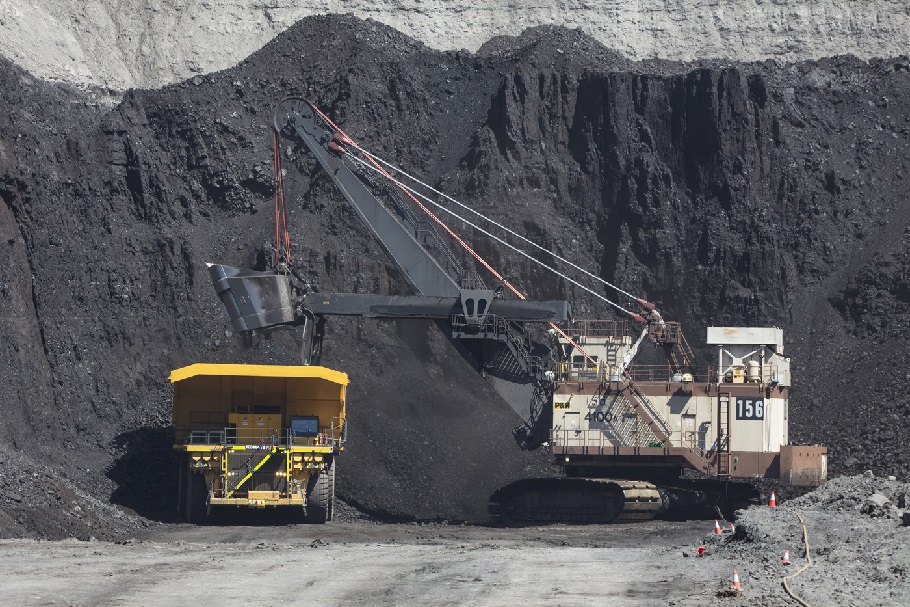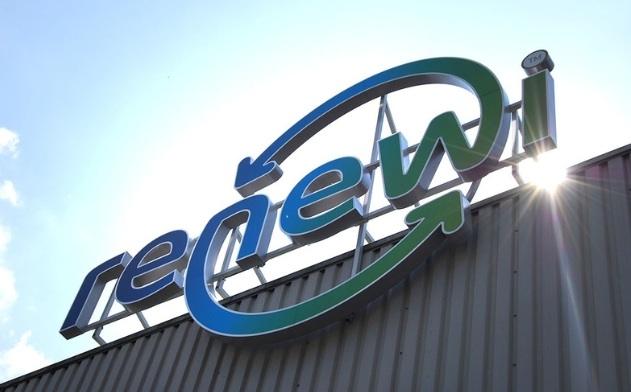Fossil Fuel Writedowns Pick Up Pace with Peabody’s $1.4 Billion Coal Charge
Fossil fuel producers continue to feel the heat of competition and reduced demand, resulting in significant asset valuation writedowns in recent months. Coal producer Peabody has now joined the ranks of companies announcing asset impairments, revealing a $1.4 billion charge in the company’s Q3 2020 earnings report.
Earlier this year, ESG Today reported on a group of more than 20 institutional investors and pension funds who had joined together to call on energy producers to adjust accounting assumptions and disclosures to account for the effects of the Paris Agreement. The investors expressed concerns that fossil-fuel linked companies’ balance sheets did not appropriately reflect the world’s long-term energy transition away from carbon-intensive sources and towards greener energy solutions, such as renewables wind and solar.
Several major energy companies have reported multi-billion dollar writedowns over the past several months, including bp, Shell, and Total, with each forecasting lower long-term demand for carbon-intensive fuels., as well as near terms pressures caused by the COVID-19 pandemic.
Peabody’s writedown relates to its North Antelope Rochelle Mine, the largest coal mine in the world. The company stated that the impairment was driven by factors including lower long-term natural gas prices, timing of coal plant retirements and continued growth from renewable generation. According to Peabody, the company expects coal’s share of the U.S. generation mix to continue to be lower than prior year levels.
On a conference call with analysts, Mark Spurbeck, Peabody’s Executive Vice President and Chief Financial Officer, said, “Competition from other fuel sources, particularly natural gas and wind remains fierce, underscoring the case for the PRB/Colorado joint venture with Arch,” referring to a recent agreement with Arch Coal to combine the companies’ Powder River Basin (PRB) and Colorado assets in an joint venture aimed at strengthening the competitiveness of coal against natural gas and renewables.
In addition to demand pressures from energy users, coal companies have been facing increasing scrutiny from investors, with several major asset managers, including BlackRock, announcing divestments or significant exposure reductions to companies involved in coal mining.





